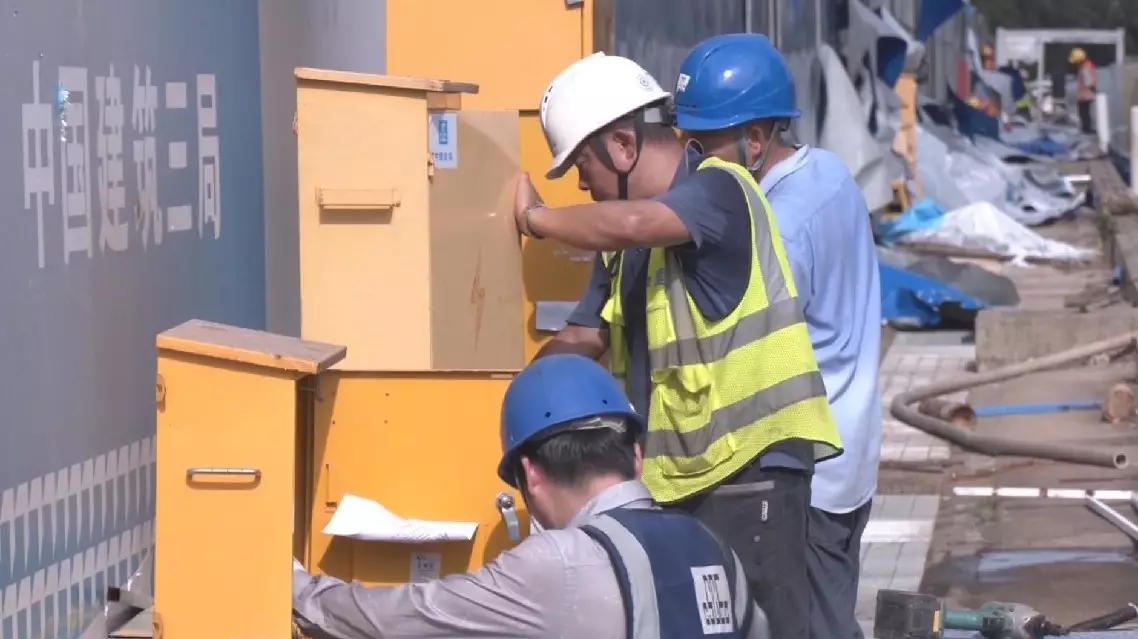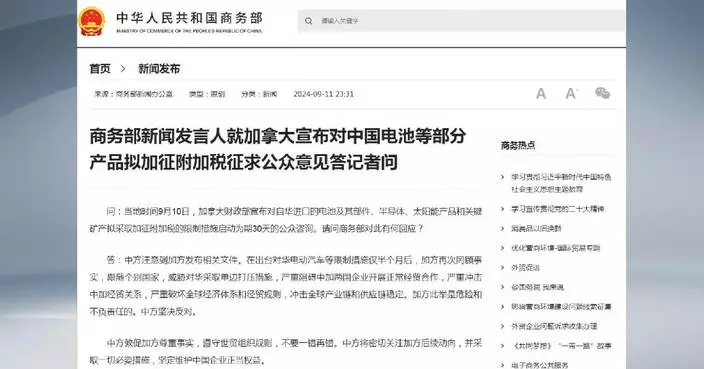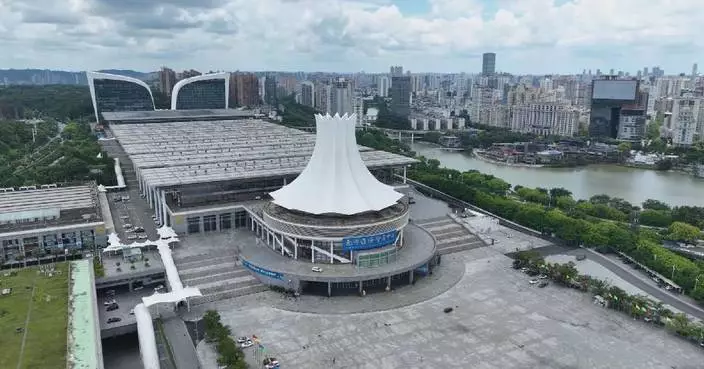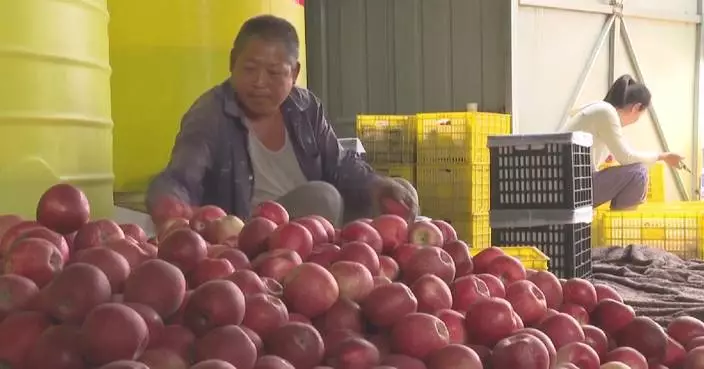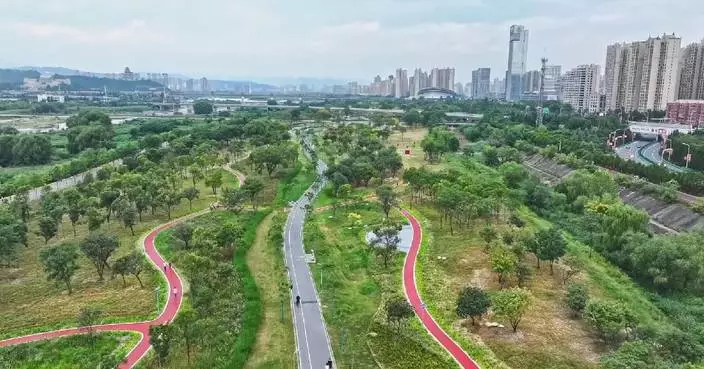The Nigerian government is set to bolster its agricultural sector and combat the looming food crisis with a new plan to import essential farm equipment.
The country is facing one of its worst food crises in recent years, with millions struggling to afford one meal a day. Limited food production capacity and low farmland utilization rates among local farmers are among the major contributors to the crisis.
At least 80 percent of the farmers in Nigeria are small-scale, and the majority still rely on outdated farming techniques.
"We have up to seven hectares of farmland here but we're only able to plant and harvest on just half of it because we will need a lot of extra hands to cultivate the entire farm," said James Bulus, a local farmer.
To address the problem, the government is launching a plan to enhance food production by importing farming equipment, cultivating 10 million hectares of land nationwide, and engaging farmers to work on these farmlands. However, details on the number of tractors and planters ordered are yet to be disclosed.
"With this initiative, definitely, it will improve production because they can now do more. Someone that has been doing one hectare can now say I want to do two hectares. So imagine if you multiply that by a million farmers, that's huge production for them at the end of the day, which is actually very good," said Bayo Adewoye, co-funder of Agrovesto.
Analysts also caution that the government should ensure the new farming tools reach the right people, and address other challenges that have hindered food production, including security problems, high cost of fertilizer, and more.
"The monitoring and evaluation processes might not be that easy for the government and that's why I am encouraging them to also partner with private institutions so that they can easily disburse all these things to the farmers, and also training the farmers as well to know how to use all this equipment. They can also give them inputs. When I say inputs, inputs include quality seeds, fertilizers. It includes a lot of things that they need to put in place, even chemicals they need to kill the grass on the farm," said Bayo.
The government began distributing nearly 3,000 trucks of fertilizers to help farmers increase their yield late last month, and plans to deploy 10,000 special security personnel to protect farmers across the country. Despite these efforts, many farmers still prefer to be among those directly engaged by the government to boost their farm yield.
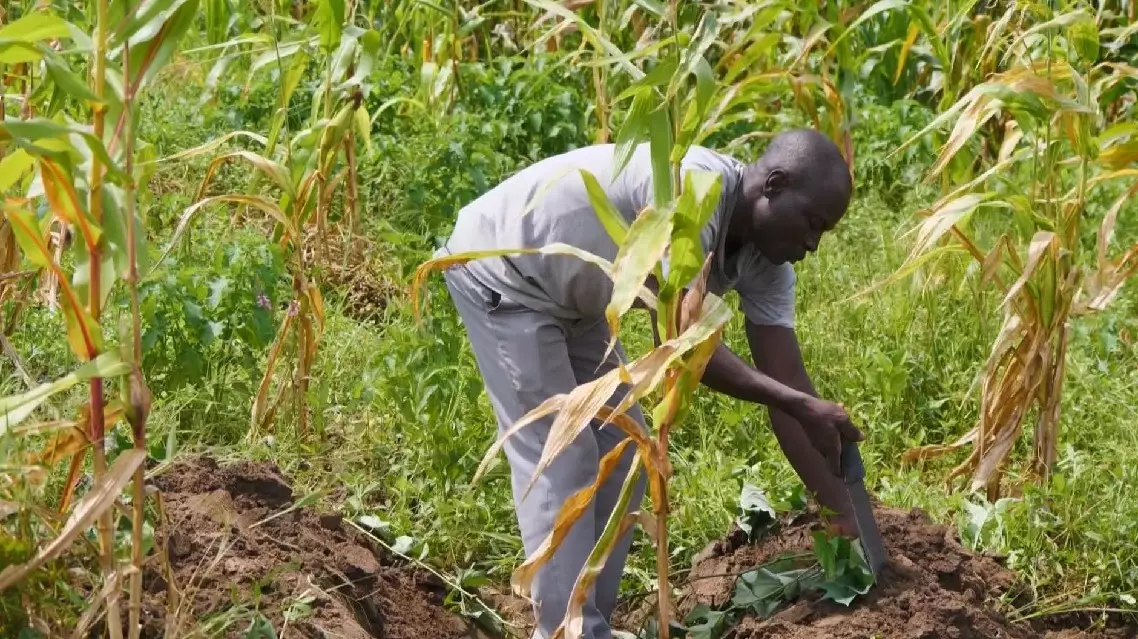
Nigeria to boost food production with farm equipment imports


